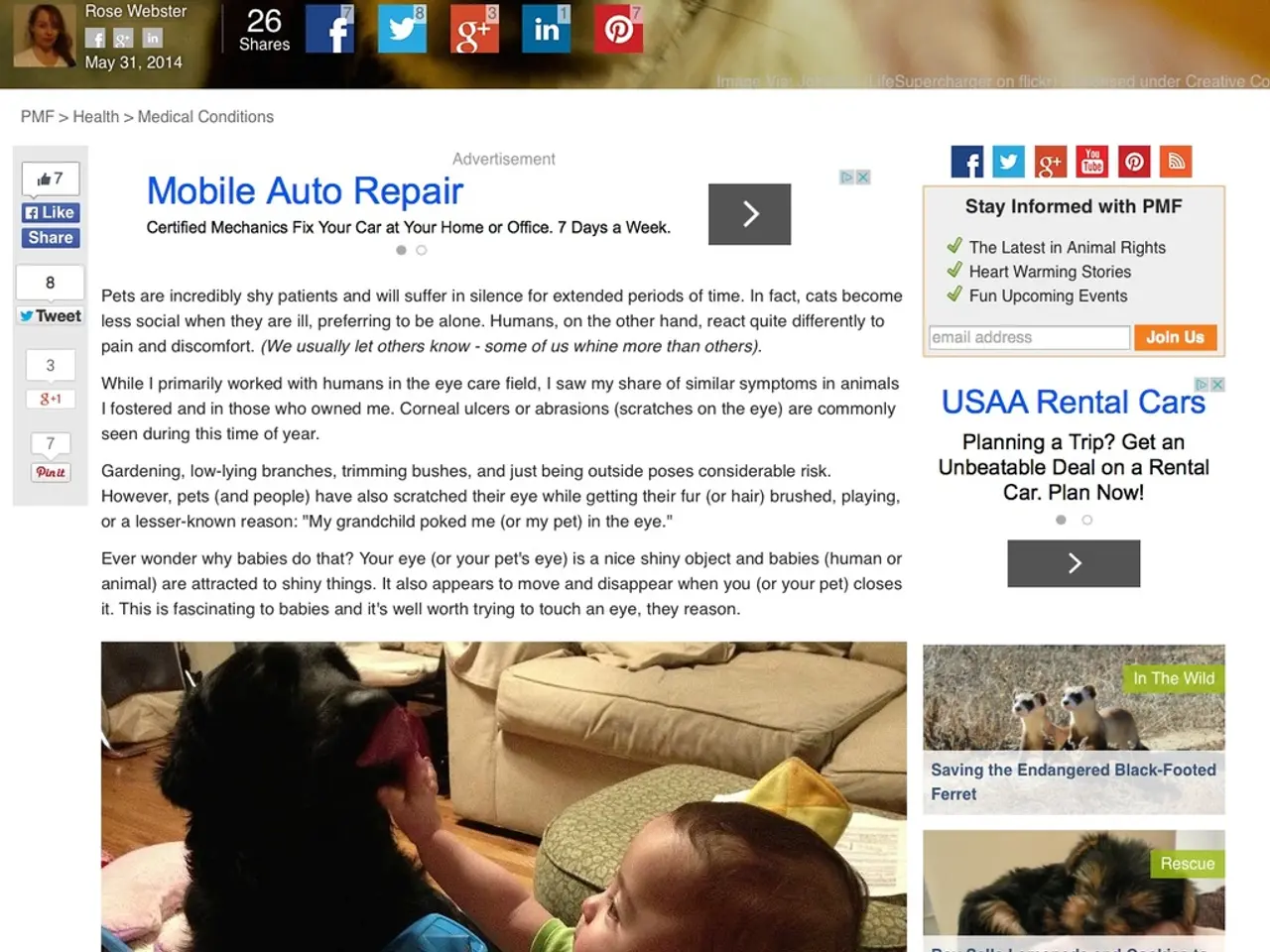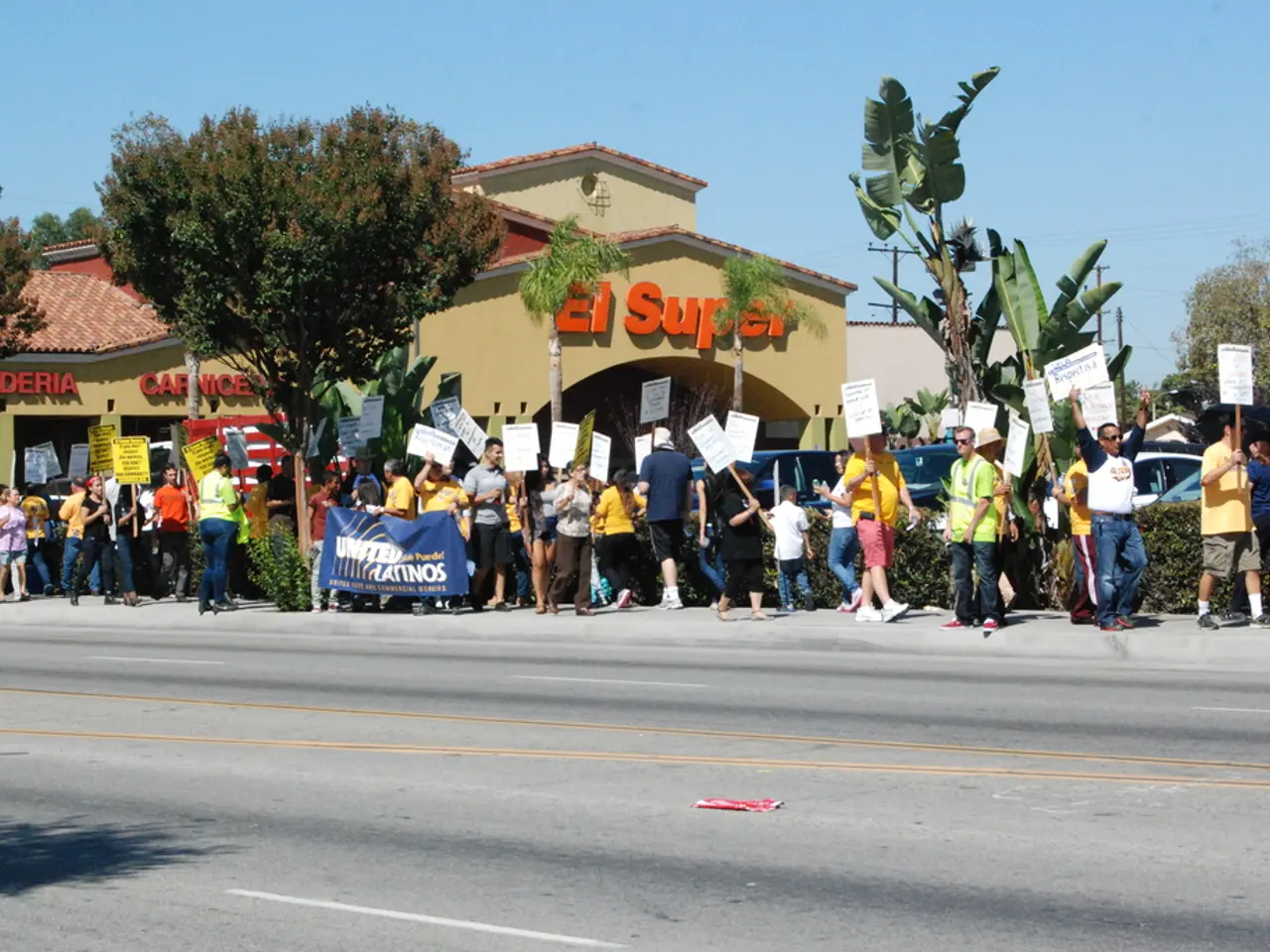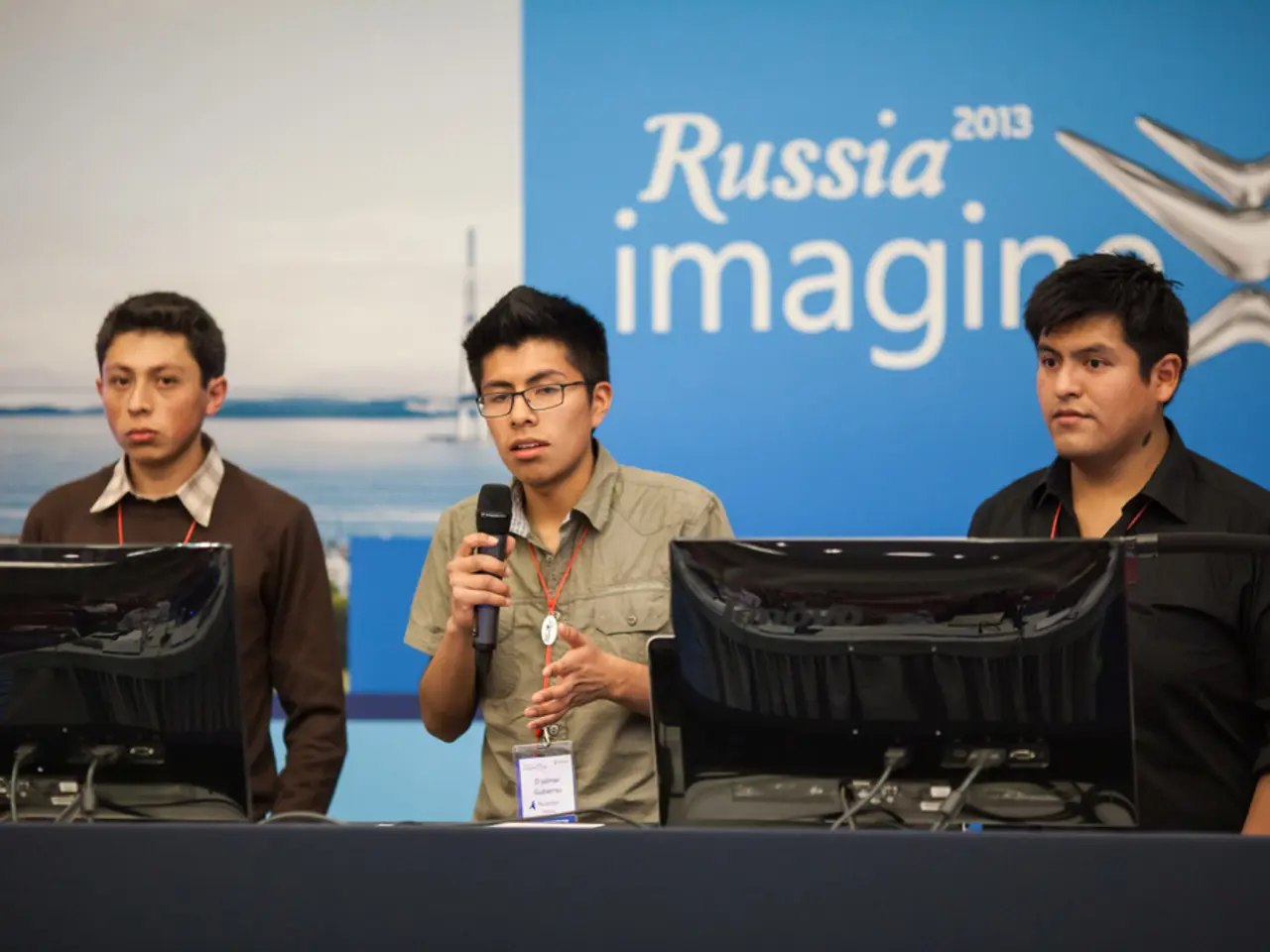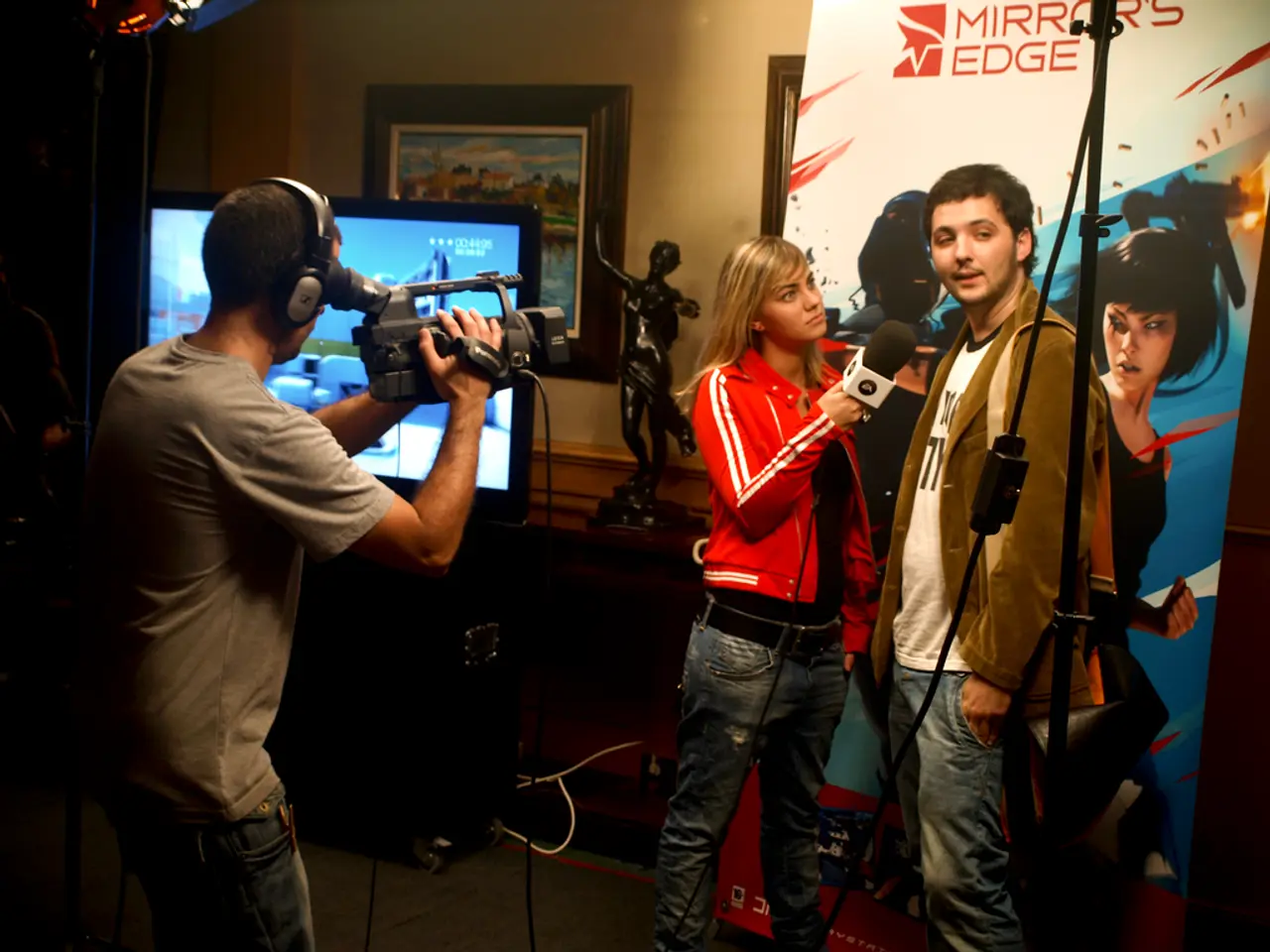Artificial Intelligence technology prohibited from producing child pornography.
The UK government has announced a series of measures aimed at combating the rising issue of AI-generated child sexual abuse imagery (CSAI). These steps include outlawing AI tools designed to produce such content, strengthening laws against predators, and enhancing the authority of the UK Border Force to inspect digital devices.
Derek Ray-Hill, the interim chief executive of the Internet Watch Foundation (IWF), commended the government's decision, stating that these legislative steps would significantly impact online safety, offering greater protection to vulnerable individuals. By outlawing AI tools used for producing child sex abuse material (CSAM) and strengthening laws against predators, policymakers are sending a strong message that such heinous crimes will not be tolerated.
According to experts, AI-generated CSAI is increasing at a rapid pace and becoming increasingly realistic. This development has prompted concerns among child protection organisations such as the NSPCC, with reports of children discovering AI-generated images of themselves.
Perpetrators are using these fake images to manipulate and coerce children into further abuse, including live-streaming their exploitation. Possession, creation, or distribution of AI tools to produce CSAM could result in up to five years in prison, while possession of AI "paedophile manuals" instructing individuals on using AI for child sexual abuse could result in up to three years in jail.
The government's new offense targets predators who operate websites catering to pedophiles, with offenders facing up to 10 years in prison if found guilty. The Crime and Policing Bill will also incorporate measures to combat the sharing of illegal content and prevent website moderators from claiming ignorance about the site's content.
Global efforts to combat the rising issue of AI-generated CSAI involve a combination of legal frameworks, law enforcement actions, international cooperation, technological countermeasures, and advocacy initiatives focused on detection, criminalization, and prevention.
Countries such as Argentina and the UK have introduced or clarified laws that explicitly criminalize the creation, possession, and distribution of AI-generated child sexual abuse content, regardless of whether real children are involved. The UK has passed laws imposing penalties of up to five years imprisonment for using AI tools to generate CSAI.
Europol led a major operation resulting in dozens of arrests across multiple countries, targeting individuals who generated or distributed AI-generated CSAI. Organizations such as the Internet Watch Foundation (IWF) and We Protect Global Alliance facilitate coordinated investigations and share intelligence to tackle emerging threats posed by AI-generated content globally.
However, challenges such as encryption, VPN use, and weak digital forensic capabilities hamper enforcement. Entities like IWF monitor both the dark web and public internet to detect AI-generated CSAI. Emerging trends include the use of AI to create deepfake videos and fake social media accounts to exploit or lure children online.
Digital platforms are increasingly being required to implement content moderation and safety measures, often mandated by updated laws. The We Protect Global Alliance unites over 300 governments, private sector companies, civil society groups, and international organizations to drive collective action against online sexual exploitation, including AI-generated content.
Public awareness and advocacy also underpin efforts to adapt legal and technological frameworks to address this growing threat. These combined efforts aim to reduce the proliferation and impact of AI-generated child sexual abuse imagery by closing legal loopholes, enhancing investigative capacity, improving detection and monitoring, and fostering global collaboration.
The UK government's proactive steps to address the escalating threat of AI-generated child abuse imagery underscore the need for comprehensive legal frameworks and robust enforcement mechanisms. Home Secretary Yvette Cooper described AI as fueling online exploitation, making child sexual abuse "on steroids." The government's actions demonstrate a commitment to protecting children from this insidious threat.
References:
- Europol
- We Protect Global Alliance
- Argentina's 2025 high court ruling
- UK laws imposing penalties
- IWF monitoring
Policymakers are making significant strides in combating the alarming rise of AI-generated child sexual abuse imagery (CSAI) with legislative actions like outlawing AI tools used for producing such content and enhancing the UK Border Force's authority to inspect digital devices. In the realm of general news, the government's proactive steps are part of a broader global effort that also encompasses international cooperation, technological countermeasures, and advocacy initiatives.
The government's new offense against predators who operate websites catering to pedophiles and the looming inclusion of measures to combat the sharing of illegal content in the Crime and Policing Bill are key components of this fight in the political landscape. These efforts aim to protect children from being manipulated and abused online, as evidenced by the increasing use of AI-generated CSAI that is becoming increasingly realistic.








